Circular Economy
A circular economy uses innovative design to reduce and optimize material use and recaptures “waste” as a resource through recycling, composting, energy capture, and other management strategies. ERG provides a full suite of services to help clients design, implement, and evaluate projects and solutions to advance a circular economy for all people. To help clients improve the circularity of their products, services, and systems across multiple environmental metrics, we conduct life cycle assessments, assess alternative manufacturing processes, identify green engineering and treatment technology options, and evaluate recycling and end-of-life management strategies. In addition, we help our clients audit and characterize solid waste streams and evaluate site-specific strategies to recapture “waste” materials as a valuable resource. For challenging materials—including plastics, food waste, and electronic waste—ERG helps clients systematically evaluate policy and technology solutions to improve design and sustainable materials management. Complementing this work, ERG communications and outreach specialists support government agencies in public education campaigns and community-based social marketing efforts to implement programs. For clients interested in understanding the value of regulatory or voluntary efforts, ERG economists evaluate the costs and benefits of waste prevention, reduction, and management programs.
Multi-Sector Circularity Analysis
- Electronics and batteries
- Wasted food
- Plastic waste
- Municipal solid waste
Life Cycle Assessment and Decision Support Tools
- Sustainable materials management hotspot analysis
- Material and product supply chain environmental impact analysis
- Prioritization of end-of-life management pathways
- Sector-based environmentally-extended input-output modeling
Impact Analysis
- Emissions quantification and mitigation
- Strategy identification for reducing material emission
- Modeling, mapping, and data support for impact assessments
Solid Waste and Materials Management
- Solid waste characterization and waste flow assessments
- End-of-life management evaluations
- Solid waste audits
- Strategy development
- Recycling program design and implementation
- Outreach, promotion, and education
- Data analysis, performance metrics, and tracking
Regulatory Support and Policy Analysis
- Extended producer responsibility
- Evaluation of public comments
- Cost-benefit analysis
- Economic valuation
Engagement and Outreach
- Behavior change campaigns
- Voluntary labeling development
- Community engagement and technical assistance for rural and tribal communities
- Manufacturers, retailers, recyclers, and industry groups
Public Health Analyses
- Risk assessment
- Community health
- Program evaluation
Projects
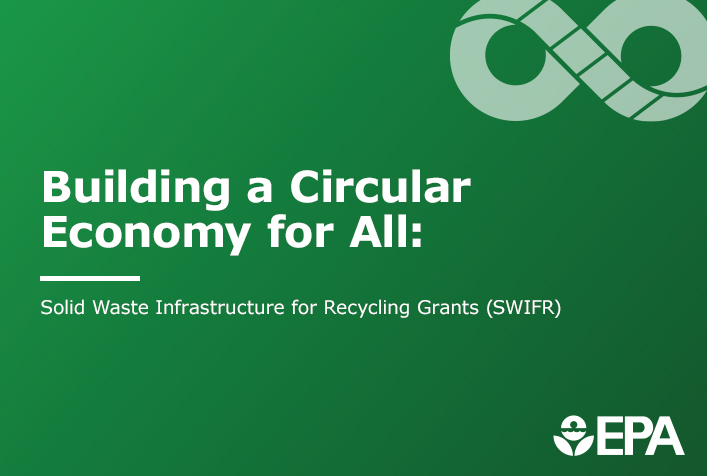
Support for Design of EPA Solid Waste and Recycling Grant Programs
U.S. Environmental Protection Agency
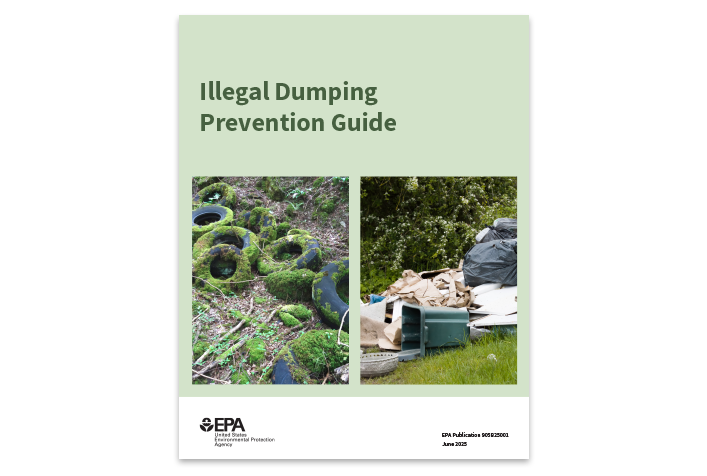
Updating EPA’s Illegal Dumping Prevention Guide
U.S. Environmental Protection Agency

Assessing Environmental Pathways of Waste Tire Pollutants
Washington State Department of Ecology
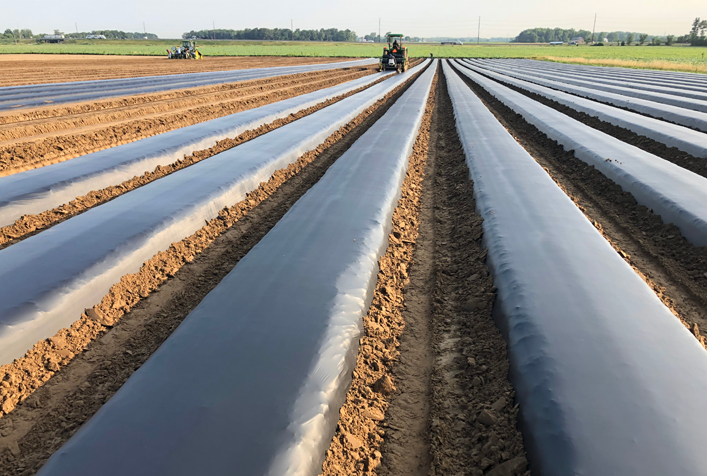
Analyzing Impacts of Agricultural Plastic Waste
The Nature Conservancy, California Oceans Program

Reducing and Preventing Waste at Sports Venues
U.S. Environmental Protection Agency
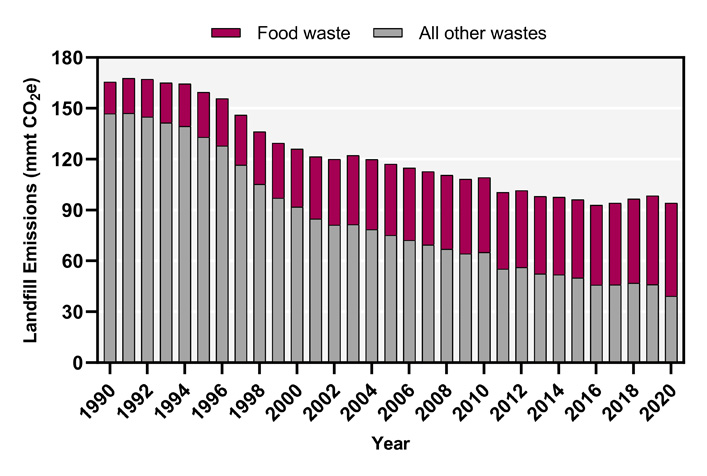
Understanding Methane Emissions from U.S. Food Waste
U.S. Environmental Protection Agency
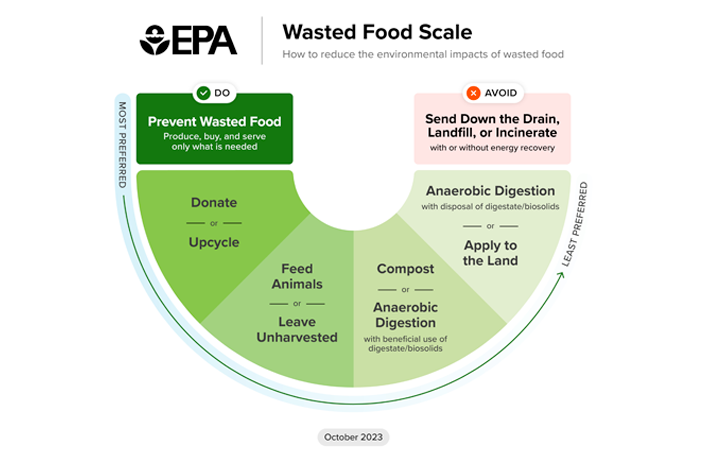
Using Life Cycle and Circularity Assessments to Understand Environmental Impacts of U.S. Food Waste Management
U.S. Environmental Protection Agency
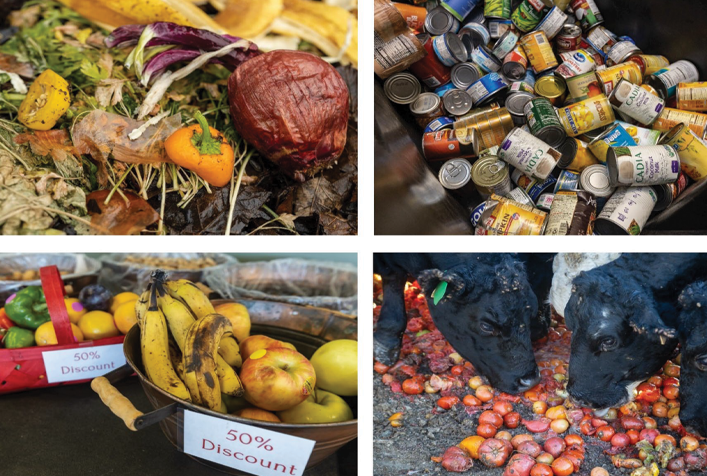
Updating EPA’s Wasted Food Report
U.S. Environmental Protection Agency

University Campus Sustainability Plan
Undisclosed university
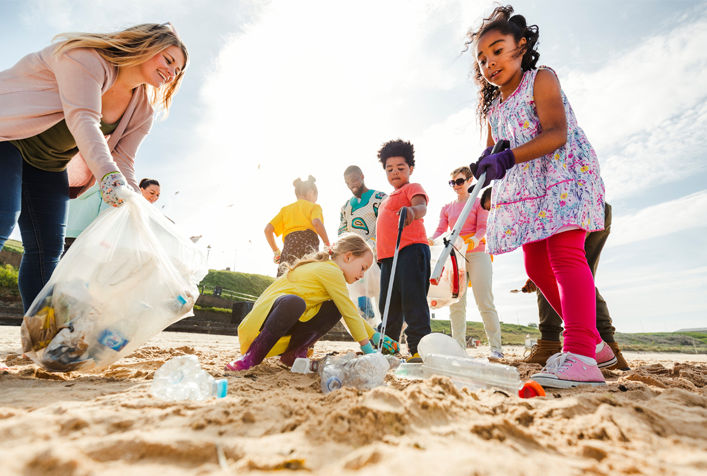
Support for EPA’s Draft National Strategy to Prevent Plastic Pollution
U.S. Environmental Protection Agency

Green Electronics Benefits Calculator
Global Electronics Council
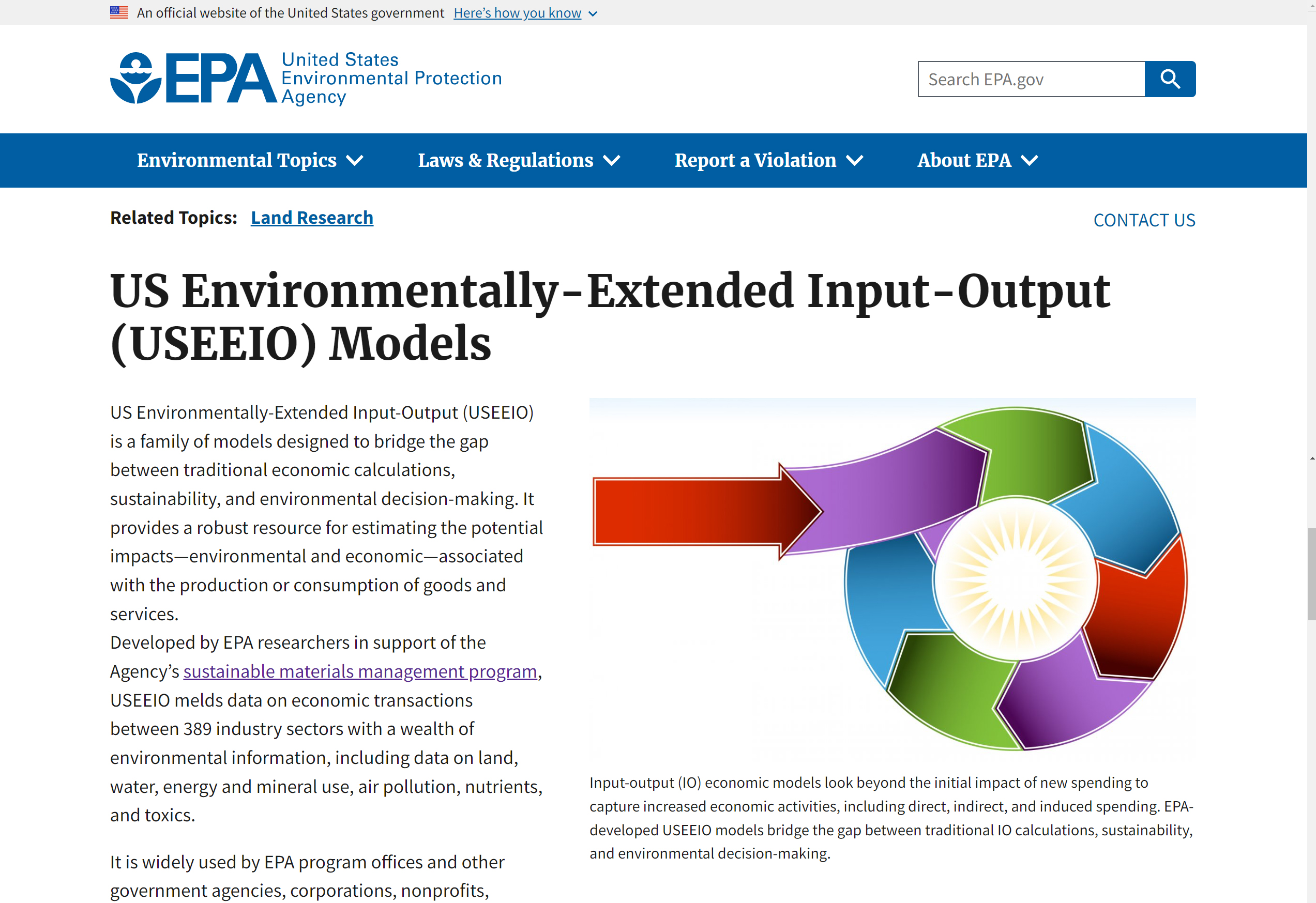
Including Environmental Metrics in the USEEIO Model for Sector and Commodity Assessment
U.S. Environmental Protection Agency

Sustainability Assessment of Food Waste Management Options
U.S. Environmental Protection Agency
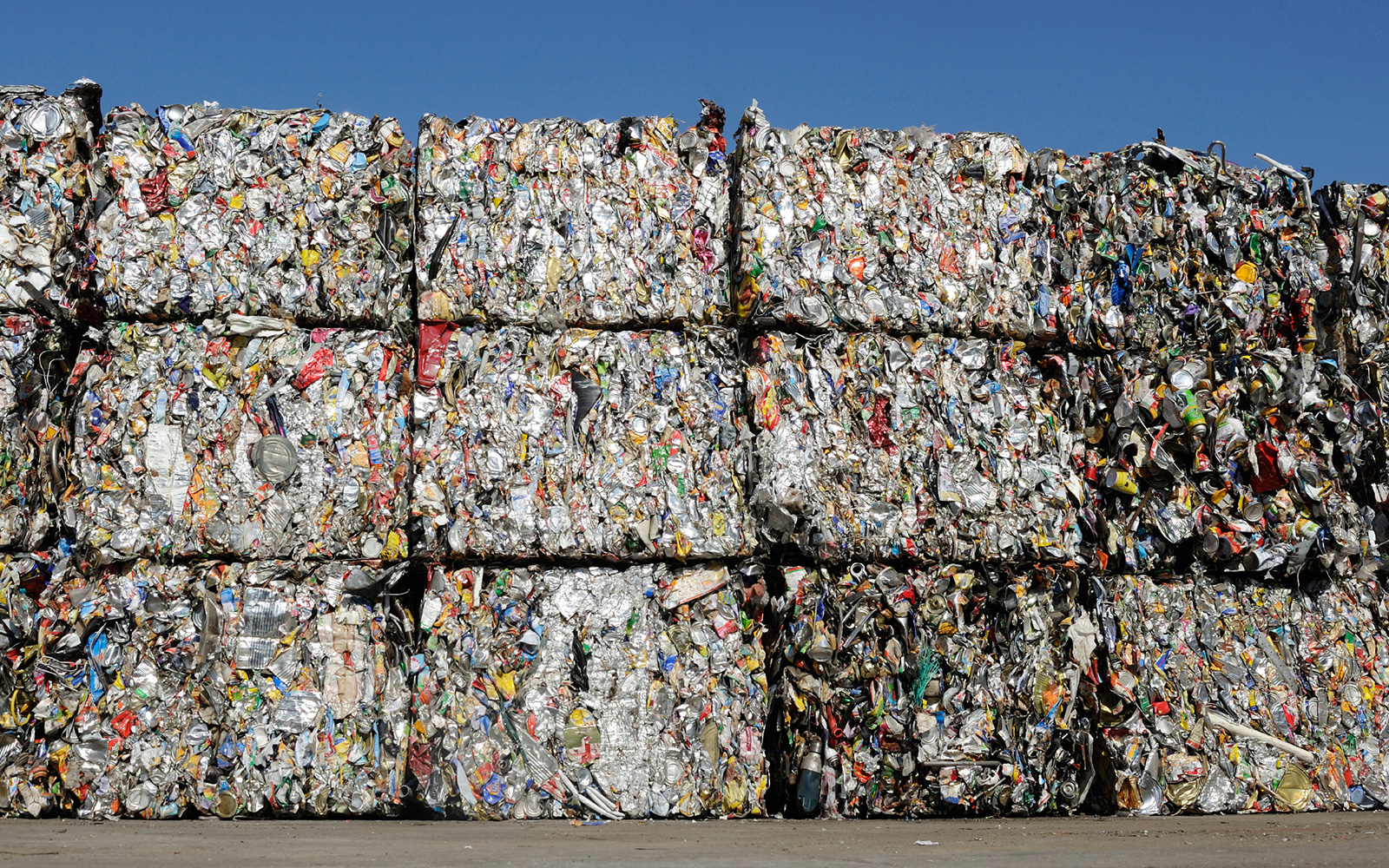
MSW Characterization
U.S. Environmental Protection Agency
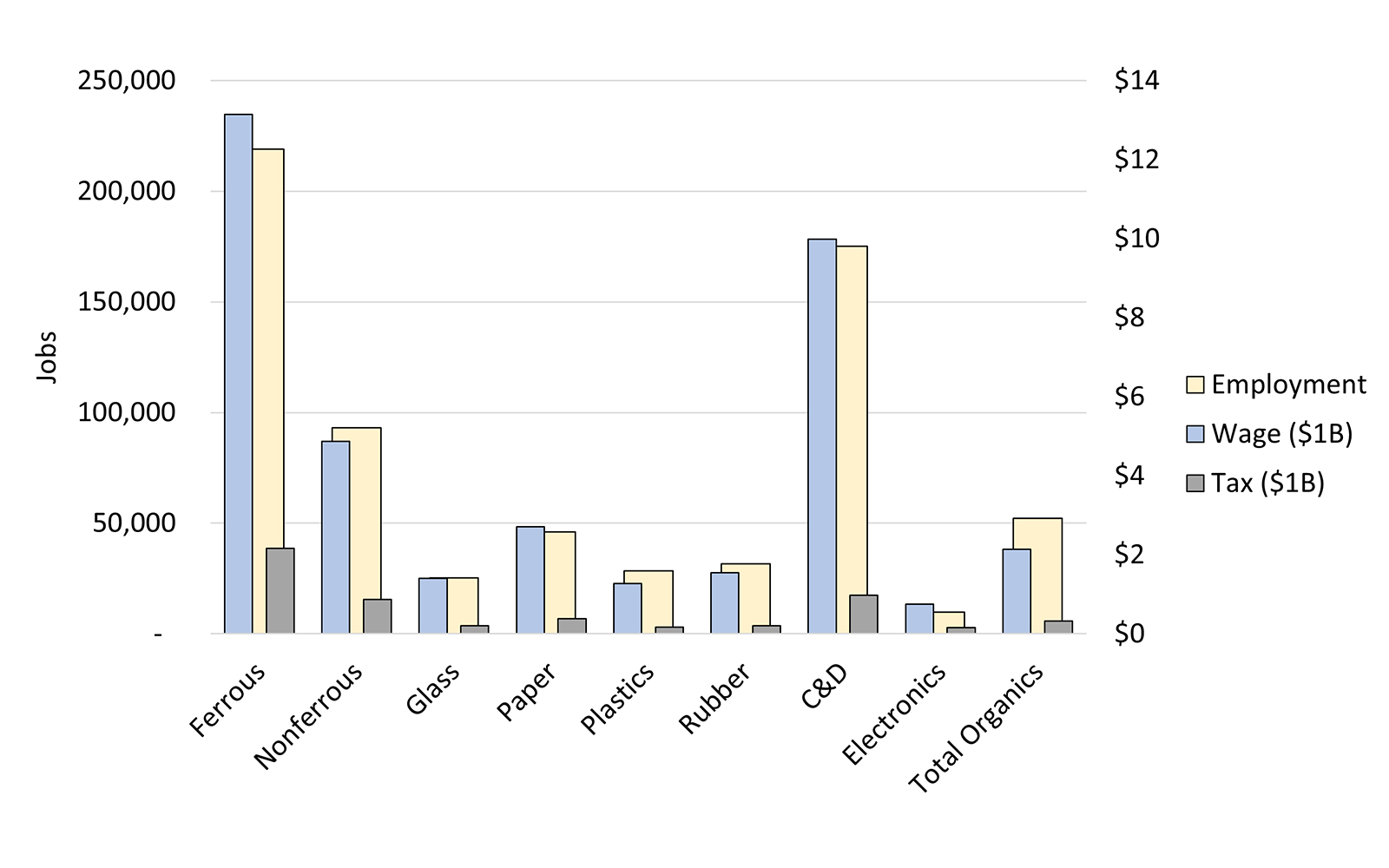
Recycling Economic Information Report
U.S. Environmental Protection Agency
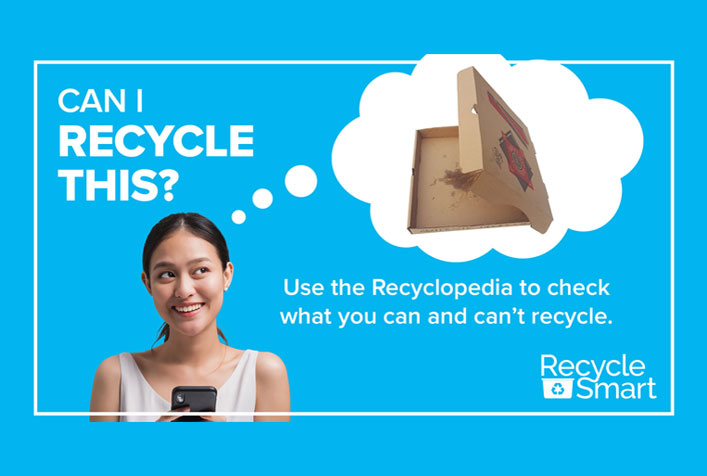
Recycle Smart MA
Massachusetts Department of Environmental Protection
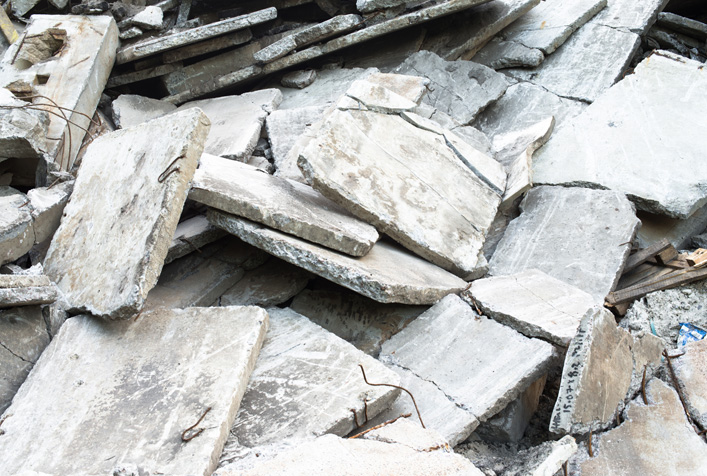
Tracking Material and Waste Flows Through the Economy
U.S. Environmental Protection Agency
Service Area Leads

My lived experience growing up in a rural community showed me the importance of engaging disparate voices in developing sustainable solutions to address our most pressing environmental challenges. Now, as an environmental engineer and policy analyst, I am grateful that I can apply my experience to support a broad range of meaningful work, including advancing a circular economy, supporting clean energy solutions, and community engagement.
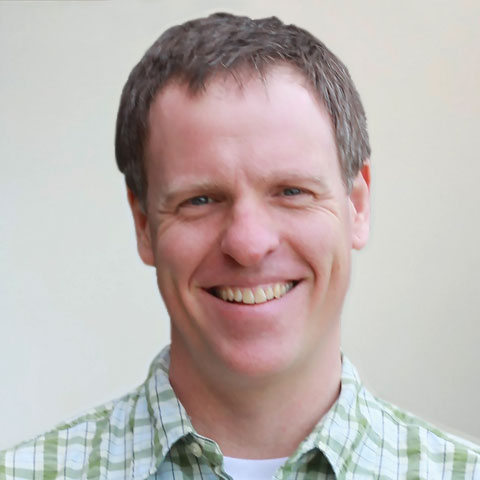
In my experience, effective climate action requires invested leadership, multidisciplinary expertise to address all sources of greenhouse gas emissions, and equitable stakeholder engagement to guide and successfully implement new policies and strategies. I have had the pleasure of managing several climate action plan projects, guiding both municipalities and universities through the process of developing and implementing their unique plans, and I’m proud of the positive benefits those plans have brought to stem the effects of climate change.
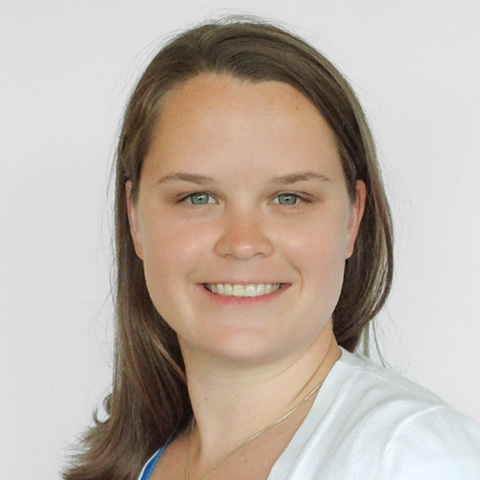
Increasingly, organizations are applying life cycle assessment to learn how they can most effectively reduce the environmental footprint of their products and processes. I take great pride in contributing to techniques and open-source databases that help move the science of LCA forward and facilitate access to more robust, current, and regionalized public life cycle inventory data.
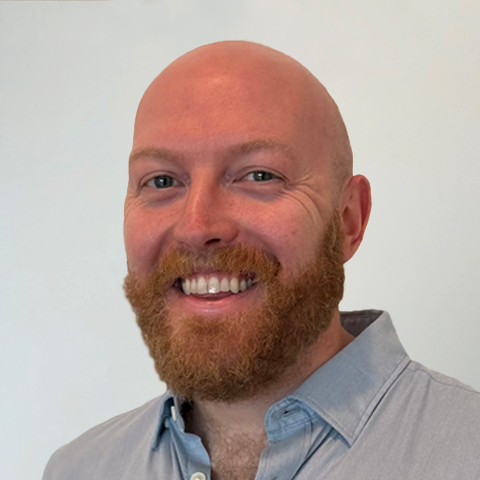
I find joy in solving hard problems, simplifying complexity, and building software that makes life easier for its users.
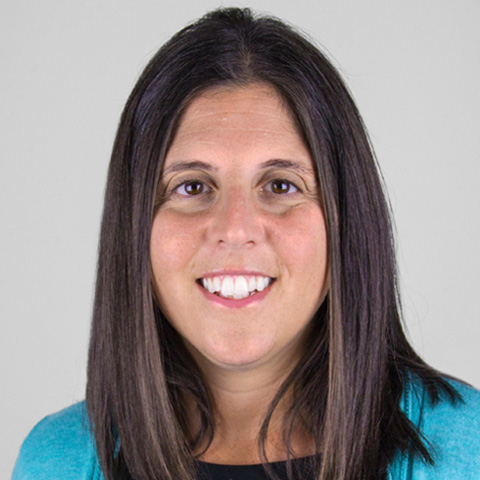
Each year, Americans generate millions of tons of waste and consume increasing amounts of resources. Educating and helping the public and organizations learn how they can reduce, reuse, and recycle has been a major focus of my career. I take great satisfaction in applying my extensive waste reduction knowledge to help my clients design and implement strategies to reduce the impact that waste has on the U.S. environment.
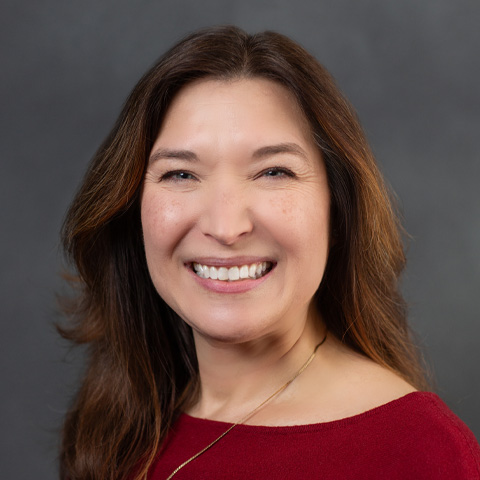
I came to ERG an optimist with a thirst for learning, collaboration, and problem solving. Reflecting on my years with ERG, while progress may be incremental, I have found that the benefits of our work are irrefutable. My optimism for the future remains intact and stems from having colleagues and clients who are relentlessly dedicated to improving the world for every person in it.

Communicating technical details to a non-technical audience can be one of the biggest challenges in converting research results into meaningful changes. I really enjoy translating complex life cycle assessments into clear messages for clients so that they can make better decisions.
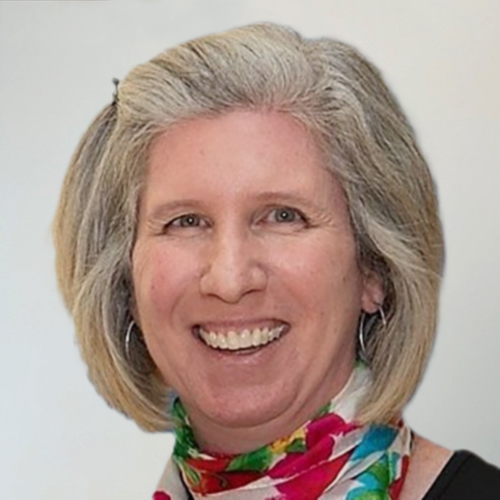
I am driven to apply pragmatic, preventive approaches to preserve and protect our environment for the next generation. I enjoy seeing project results that lead to improved worker health and safety and a cleaner environment.

My passion for tackling environmental and social issues related to the circular economy stems from my belief that we all have an active role to play in protecting our environment and advancing toward an equitable future for all. Now more than ever, we must focus on circular economy policies and zero waste planning that will help build a more sustainable and resilient future.
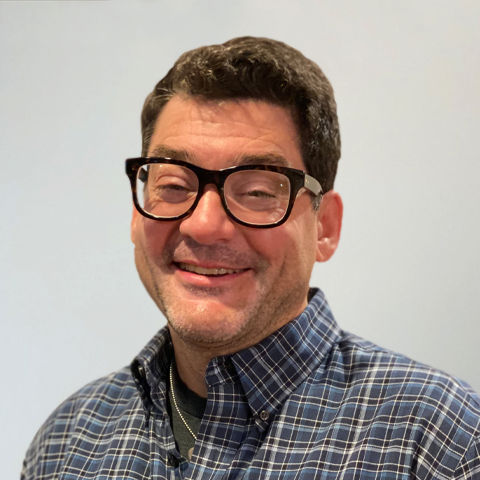
Maya Angelou’s reflection, 'Do the best you can until you know better. Then, when you know better, do better,' fits well with sustainability. The more we learn about the impacts of our past behaviors, the more vital it is for us to take that knowledge and always strive to do better going forward.

I appreciate coming to work each day knowing my contributions are making a tangible difference in my community and across the United States. From helping community groups amplify their voices to developing digital tools and products, I love diving into the details to tell a meaningful story.
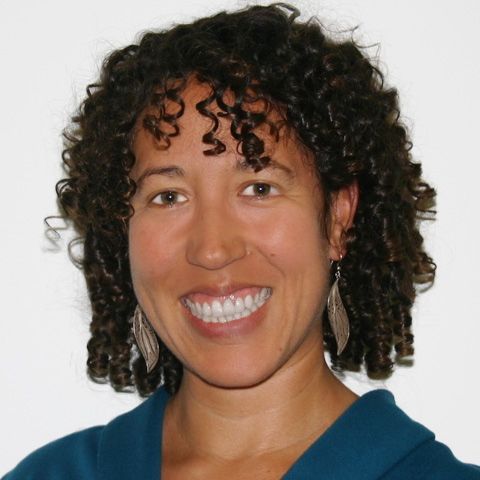
Designing equitable solutions for sustainable environmental conservation and management efforts is a constantly challenging, rewarding endeavor. I love collaborating closely with our clients to develop strategies that promote environmental and community resilience—including evaluating environmental program effectiveness and identifying innovative best practices for coastal and ocean planning.
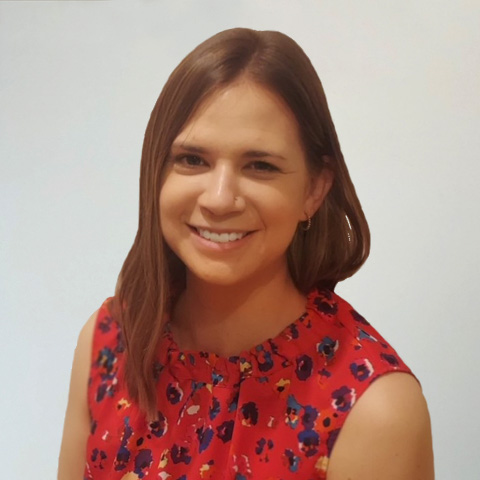
Working in the service industry for nearly a decade showed me how much society throws away every day. It’s crucial we view these materials not as waste, but as opportunities for recycling and reuse. To create systemic change, we must find effective ways to channel our vision for circularity into practical, evidence-based solutions.
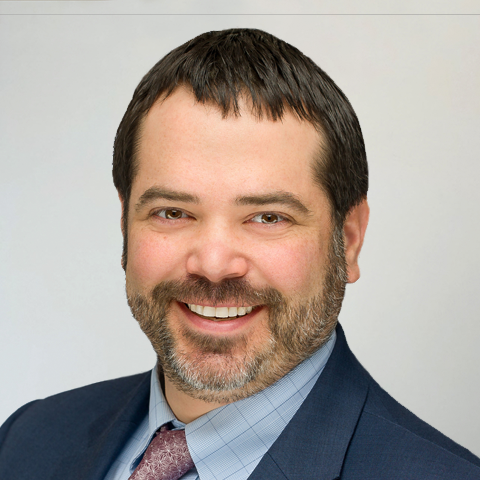
Construction is a foundational component of our society, providing the buildings and infrastructure that connect communities, enable commerce, and define the physical spaces we interact with every day. Working to quantify and reduce the embodied carbon emissions associated with construction materials has been one of the most rewarding aspects of my career.
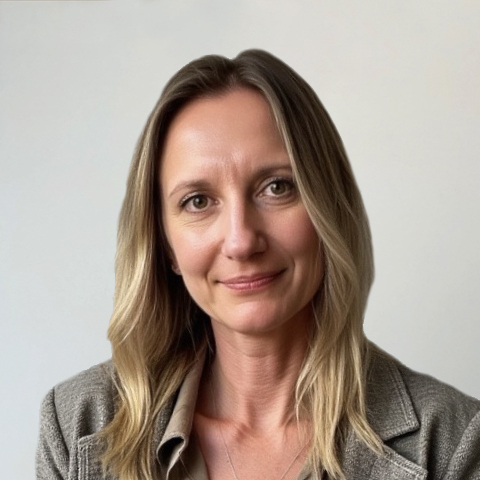
Growing up on my grandfather’s land in rural Oregon surrounded by forests, streams, and mountains, I developed a deep love for the natural world. That early connection sparked a lifelong commitment to creating positive impact by finding ways to make the things we need without harming the environment I have learned to cherish.
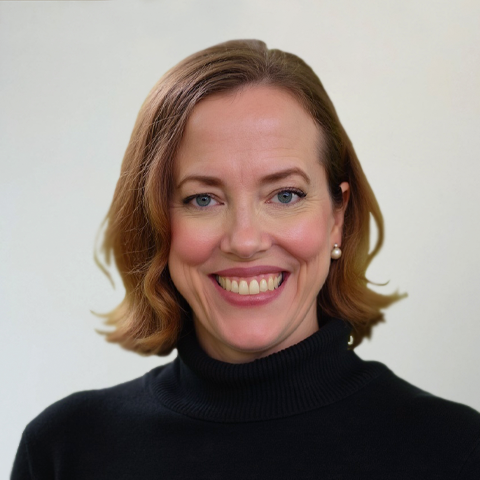
Growing up in Anchorage, Alaska, instilled in me a deep respect for the environment and a firsthand understanding of how interconnected our ecosystems are—an outlook that has shaped nearly two decades of public service focused on sustainability. I’m passionate about helping clients advance their circularity goals by building strong partnerships and community-centered solutions.
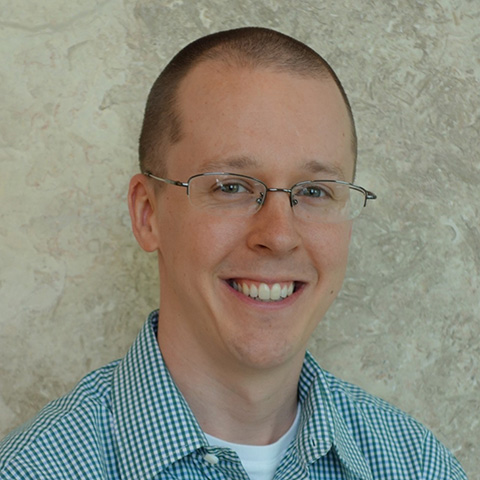
Both companies and the public sector have to assess environmental tradeoffs in the face of limited resources. LCA is a great tool for assessing those tradeoffs and making choices consistent with values. By generating high-quality public data and LCA tools, we provide the underlying data necessary for effective decision-making.